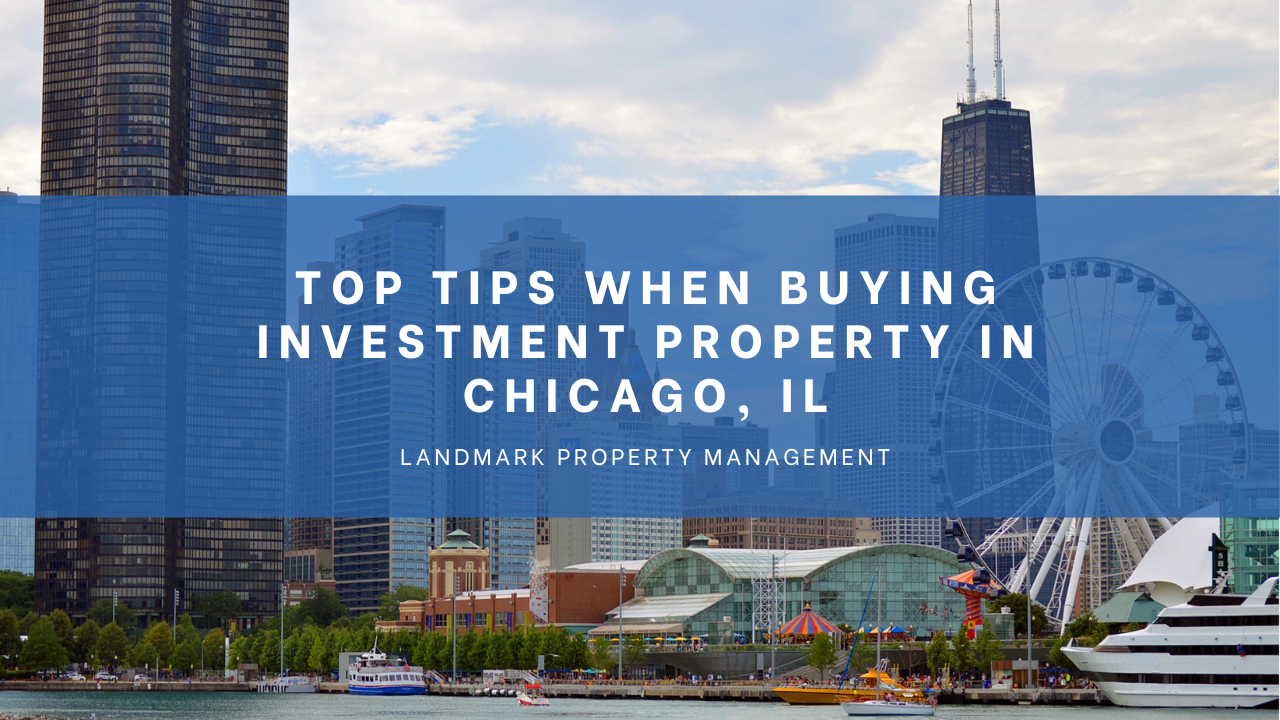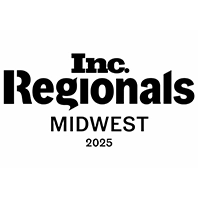Key Takeaways
Research Chicago’s Diverse Neighborhoods Before You Buy: Understand rental demand, property taxes, and future development plans in areas like Logan Square, Pilsen, or Lincoln Park to choose the right investment location.
Clarify Your Goals and Run the Numbers: Define whether you’re focused on cash flow, appreciation, or both, and calculate your expected ROI—factoring in expenses like maintenance, taxes, and vacancies.
Consider Professional Property Management for Hassle-Free Ownership: A property manager can handle tenant screening, maintenance, and legal compliance, helping you maximize income and minimize stress.
Buying Investment Property in Chicago, IL
Chicago, Illinois, stands as a powerhouse city with strong rental demand, diverse neighborhoods, and a resilient real estate market. For rental property owners looking to expand their portfolio or enter a new market, Chicago offers promising opportunities—if approached strategically.
Receive a Free Rental Analysis Today!
From Landmark Property Management, here are the most effective tips to consider for investing in Chicago real estate.
Know the Market Before You Buy
Chicago is a large, diverse city made up of 77 officially recognized neighborhoods, each with unique characteristics. The demand for rentals is strong, thanks to the city’s thriving job market, public transportation system, and major universities.

Before buying an investment property, study the areas with growing interest. Neighborhoods like Logan Square, Pilsen, and Bronzeville are seeing revitalization and rising rents. Meanwhile, more established areas like Lincoln Park or Lakeview tend to attract professionals and students willing to pay premium prices.
If you like an in-depth look at Chicago's areas, check out our blog post on the best neighborhoods to invest in.
Public transportation access is often a top priority for renters in Chicago. Properties within walking distance of “L” stations tend to see higher occupancy rates. Additionally, be aware of property taxes, which can vary significantly by neighborhood and impact your bottom line.
Clarify Your Investment Goals
Start by identifying whether your priority is cash flow, appreciation, or a mix of both.
If you’re focused on monthly income, you may want a smaller multifamily property in an affordable area with strong rental demand.
If you’re more interested in long-term equity, consider a property in an up-and-coming neighborhood that shows signs of redevelopment.
This clarity influences what type of property you’ll buy, how much you’re willing to invest upfront, and how hands-on you’ll need to be after purchase. If you want to learn more about what to invest in, see our article on identifying prime investment opportunities.
Calculate Your Expected ROI
Run the numbers before making an offer. Look at the average rent in the area, estimate operating expenses, and account for vacancies. Chicago’s rental market is competitive, but repairs, property taxes, insurance, and maintenance can add up quickly.

Calculate the Net Operating Income (NOI) and ensure your projected return on investment (ROI) aligns with your goals. Don’t forget to include closing costs and reserve funds for emergency repairs or tenant turnover.
In neighborhoods with older housing stock, maintenance costs may be higher. Roofs, plumbing, and HVAC systems are often outdated in vintage buildings, so a detailed inspection is critical.
Understand the Legal Requirements
Landlord-tenant laws in Chicago are tenant-friendly. The city requires landlords to comply with the Residential Landlord and Tenant Ordinance (RLTO), which outlines rules on security deposits, entry notices, repair responsibilities, and eviction procedures.
As a property owner, you’re also responsible for registering your property and passing inspections. If you’re unfamiliar with local laws, working with a real estate attorney or experienced property manager can help avoid legal missteps.
Choose the Right Financing
Conventional loans with 20% to 25% down are standard for investment properties, but there are other options.
Owner-occupants who plan to live in one unit of a multifamily property may qualify for FHA loans with lower down payments. Chicago credit unions and local banks may also offer flexible portfolio loans to investors with solid financials.
Whichever route you choose, factor in interest rates, lender fees, and required reserves. Investment properties often require higher insurance coverage and stricter underwriting than primary residences.
Plan for Property Management
If you don’t live within the area, or simply want to avoid being on call for late-night emergencies, working with a property management company is a smart move.
A reliable manager handles everything from marketing vacancies and screening tenants to coordinating repairs and ensuring compliance with city codes.
Though property management fees usually range from 7% to 12% of monthly rent, many landlords find the investment worthwhile. Good property managers also help reduce vacancy periods, maintain your property’s condition, and ensure rent collection is consistent.
More importantly, they stay updated on Chicago-specific rental laws and handle tasks like inspections, renewals, and lease enforcement—saving you time and reducing risk.
Speak With a Property Manager Today!
Watch Out for Unexpected Expenses
One common mistake investors make is underestimating costs. In addition to your mortgage, you’ll need to budget for property taxes, utilities (if not tenant-paid), insurance, repairs, and regular maintenance.

Condo buildings or multi-unit properties may also come with homeowners association (HOA) fees, which can impact profitability.
Older properties often need updates, so it’s wise to conduct a full inspection and obtain repair estimates before finalizing a purchase. Setting aside 5% to 10% of your rental income for ongoing maintenance and unexpected issues can help you stay prepared.
Time Your Purchase Strategically
Like many major cities, Chicago has a seasonal housing market. Late spring and summer tend to be the most active periods for buying and leasing.
Purchasing during winter may provide more room to negotiate, as sellers face fewer buyers. However, leasing during colder months can be slower, so plan your timing accordingly if you're depending on immediate rental income.
Think Long-Term
Rental property ownership is a long game. While appreciation may come slowly in some areas, the monthly cash flow and tax advantages can add up. Chicago’s large rental population, driven by a mix of students, professionals, and families, means steady demand for well-maintained housing.
To stay successful over time, revisit your finances regularly, keep your property in good condition, and maintain positive relationships with tenants. Consistency and professionalism go a long way in protecting your investment.
Final Thoughts
Buying an investment property in Chicago offers excellent income potential, but it also comes with responsibilities.
Hiring a professional property management company like Landmark Property Management can streamline the process, reduce stress, and protect your income.
With experts handling daily operations, legal compliance, and tenant communications, you’ll have more time to focus on growing your portfolio or managing other business interests.
Ultimately, the key to success lies in thorough research, smart planning, and having the right support system in place. With the right strategy and mindset, owning rental property in Chicago can be a rewarding and profitable experience.






.png)


